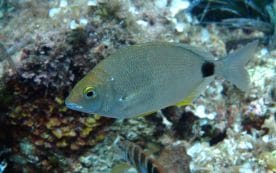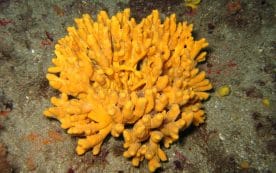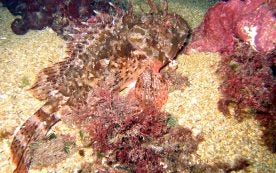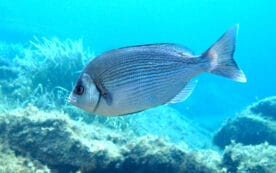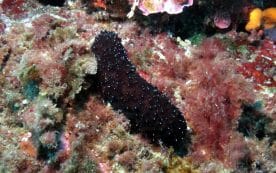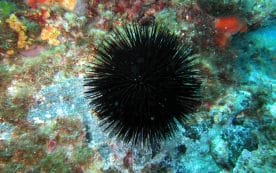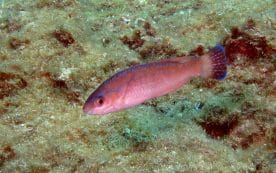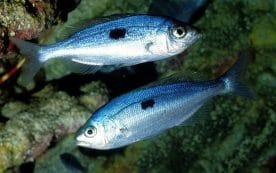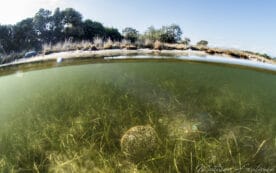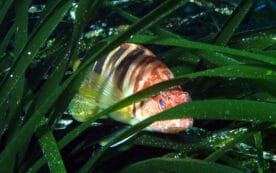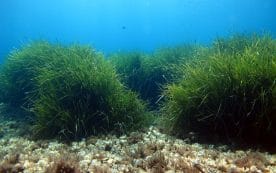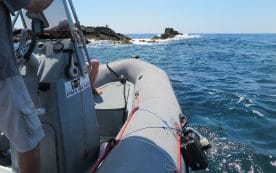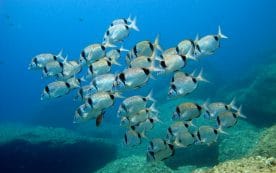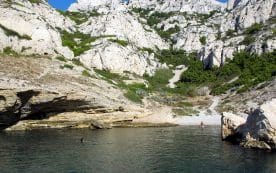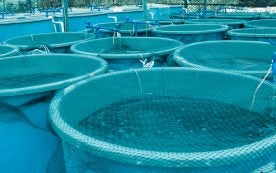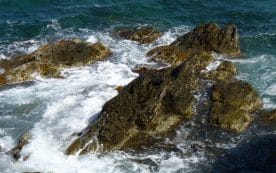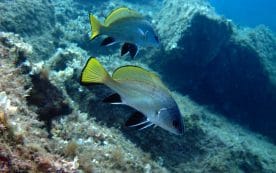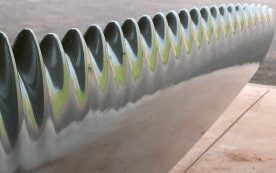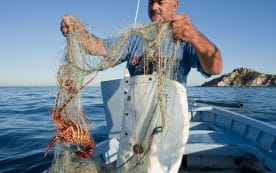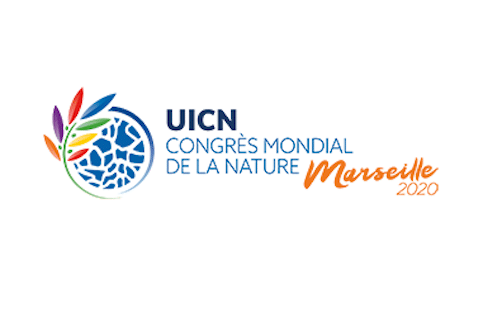
The IUCN World Conservation Congress will now take place in june. Held every four years, the Congress brings together leaders and deciders representing governments, civil society, business and research. The aim is to decide on objectives, priorities and means of action for the conservation of natural spaces and biodiversity. For the first time, the 2020 Congress will be open to the general public.
Organised by the International Union for the Conservation of Nature (IUCN), the Ministère de la Transition Ecologique and the Agence France Biodiversité, the Congress is expected to bring together more than 1000 participants. “Forum 2020”, say the organisers, “will be the hub of public debate, focused on demonstrating best practices and innovative ideas for the conservation of nature, establishing new partnerships and working out a route map for action”.
6 Congress themes
The Congress will be organised around six main themes, covering the major issues that must be dealt with: managing landscapes for nature and humans; conserving freshwater to preserve life; restoring the health of the oceans; speeding up mitigation and adaptation to deal with climate change; upholding rights and ensuring effective and equitable governance; leveraging economic and financial systems for sustainability; and finally, advancing knowledge, learning, innovation and technology, in the interests of sustainable development.
Generation Nature Areas
For the first time since its foundation in 1948, the 2020 Congress will be open to the general public, and the organisers are expecting more than 100 000 visitors. Exhibition areas, set up as a ‘village’ concept, will enable everyone to explore the topics dealt with during the Congress. These Generation Nature Areas will encourage visitors to become more aware of the issues of biodiversity, with fun activities focused on its preservation. The aim is also to provide a real showcase for the actions carried out at a practical level by community associations, regions and businesses.
France and the IUCN, a special relationship
The outstanding natural heritage of France, a founding member of IUCN, gives it a special role and a particular responsibility in the preservation of biodiversity: continental France possesses 57 % of the types of natural habitat tagged as ‘priority’ at European level, and 40 % of Europe’s flora; France’s 54 regional natural parks and 10 national parks, including 3 in the French Overseas Territories, offer a combination of outstanding terrestrial and marine areas. France also possesses, with its Overseas Territories, the world’s second most extensive maritime domain, covering 11 million km², where are found 10 % of the planet’s coral reefs and 20 % of its atolls, more than 16000 endemic species, and 5 biodiversity hotspots: Mediterranean, Caribbean, Indian Ocean, New Caledonia and Polynesia.
Link to World Conservation Congress website
#IUCNCongress #biodiversity #Marseille #MTES #AFB

